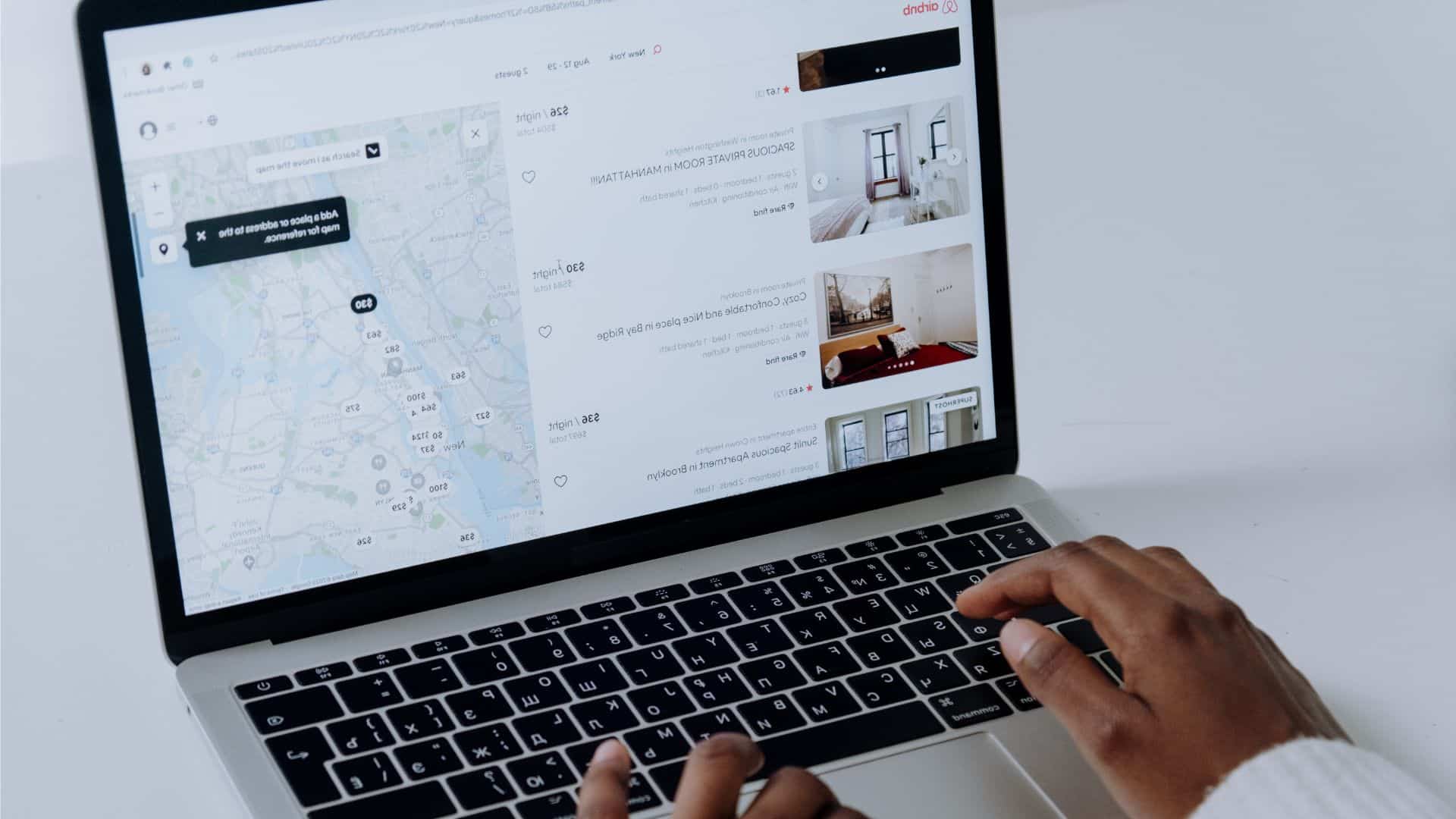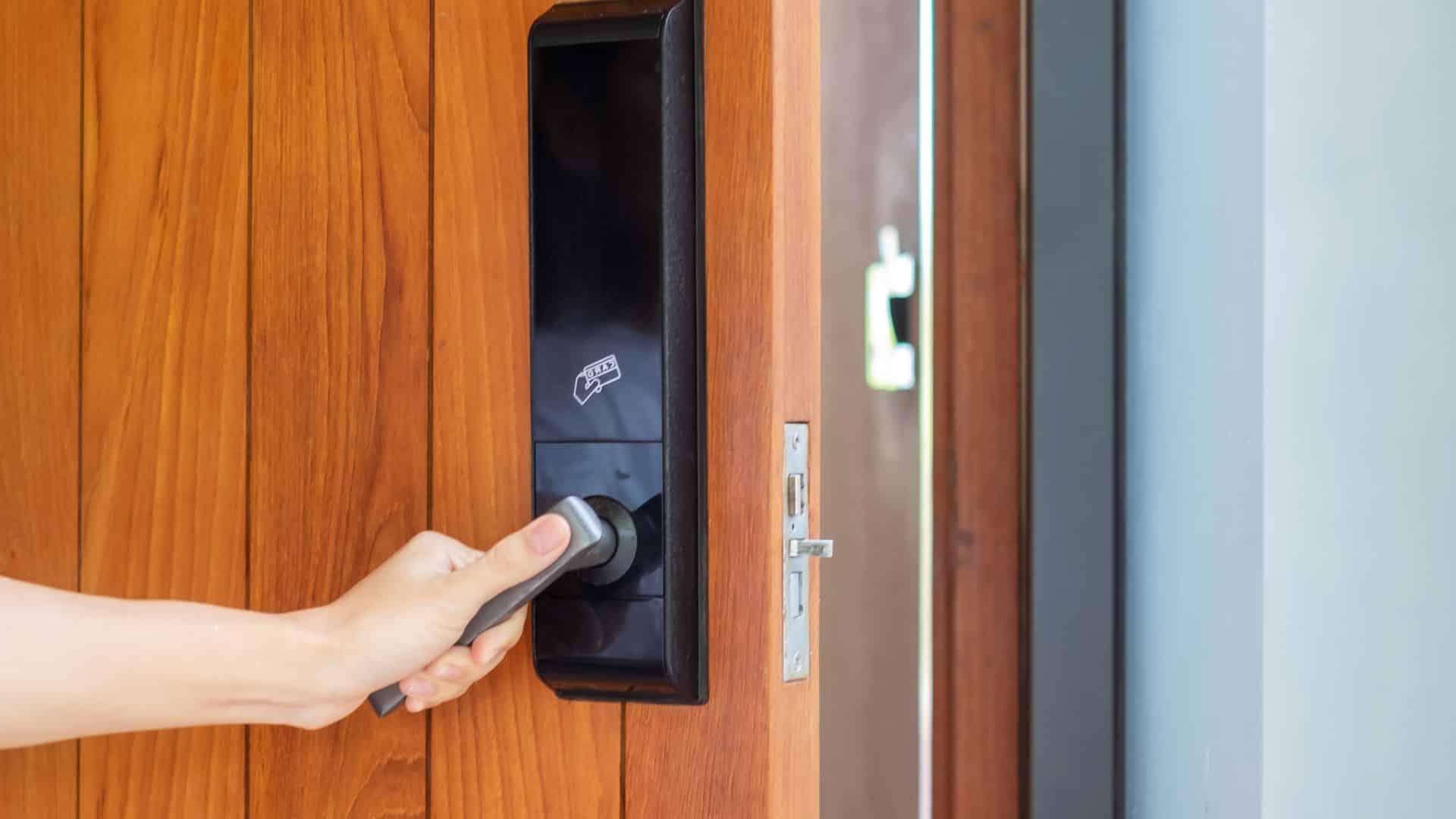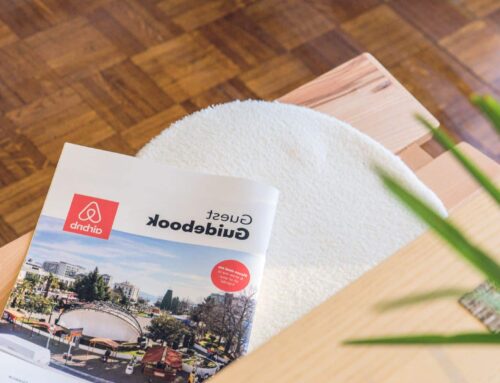Short-term rentals might look like an easy way to boost income, but NSW’s strict STRA rules tell a different story. Failing to comply with these regulations can leave hosts facing fines in the thousands, sometimes without even realising they’ve done anything wrong.
With the boom in Airbnb-style hosting, the NSW Government has tightened enforcement, focusing on guest safety, neighbourhood peace, and transparent operations. While many hosts try their best to do the right thing, key requirements often get overlooked.
Staying STRA compliant isn’t just about ticking boxes, it’s about protecting your investment and avoiding serious financial pain. Here’s what every host needs to know.

Common STRA Fines and What Triggers Them
When it comes to STRA penalties in NSW, ignorance is no defence. These are the most common ways hosts get stung:
Not registering on the STRA Register
All STRA properties must be listed with the NSW STRA Register. Skipping this step can land owners with fines.

Breaching fire safety rules
Fire alarms, clear exit routes, and extinguishers are mandatory. One Sydney host was heavily fined after Fire NSW found outdated smoke alarms during a random check.
Violating zoning or DA rules
Some areas don’t allow STRA at all, or only permit it during certain times. Hosts who ignore these restrictions risk penalties and orders to cease operations.
Overcrowding
Each property has a maximum guest limit. Exceeding that, whether by accident or design, can trigger a fine and suspension from booking platforms.
Failing the Code of Conduct
Rude responses to neighbours or ignoring guest misbehaviour can breach the mandatory code, leading to sanctions and financial penalties.
Even small oversights can quickly snowball into serious consequences.
Less-Known Regulations That Catch Hosts Out
Beyond the obvious rules, there are plenty of subtler regulations that often trip up well-meaning hosts:
Neighbour complaints
They are one of the most common triggers for compliance investigations. Repeated noise late at night, rubbish left on the kerb for too long, or guests taking up all the street parking can quickly wear down community goodwill. Councils take these complaints seriously, and if your property becomes a regular offender, you may find yourself facing restrictions or even formal action.
Council spot checks and Fire NSW inspections
They aren’t just rare occurrences, they’re increasingly used to monitor compliance. If your smoke alarms are out of date or guest records are incomplete, a surprise inspection could lead to instant fines or suspension from booking platforms.
Blackout periods
Some areas enforce “no-STRA” periods during local events or holidays. Renting out your property during these times, even unknowingly, can lead to serious penalties.
Reporting obligations for managers
If someone else manages your property, make sure they know their legal responsibilities. Failure to report breaches can land you in hot water too.
Staying informed about these lesser-known rules can save you thousands in avoidable costs.
How STRA Fines Impact Property Owners Financially
Non-compliance doesn’t just mean paying a fine, it affects your bottom line in more ways than one. That’s before legal fees or lost income are even factored in.
Unregistered properties may also be ineligible for insurance payouts, especially in the event of guest damage or injury. Some hosts only discover this when it’s far too late.
And reputational damage? That’s hard to fix. A single STRA fine can lead to negative reviews or platform delisting, which affects future bookings and trust from potential guests.
The message is clear: even one misstep can carry long-term financial pain.
Staying on the Right Side of NSW STRA Laws
Staying compliant might sound daunting, but it’s manageable with the right systems in place.
- Register your property and keep your listing current on the STRA Register
- Follow the NSW Code of Conduct at all times
- Conduct yearly fire safety checks and keep records
- Track how many guests you’re hosting to stay within limits
- Respond quickly to neighbour concerns or council notices
The key is treating your rental like a business, not a side hustle. A proactive approach keeps things simple and stress-free.
Avoid the Pitfalls With Expert Help

Managing STRA compliance on your own might seem manageable at first, but the reality is far more complex. Rules constantly evolve, covering everything from guest limits and zoning laws to blackout periods and fire safety. Many hosts find themselves overwhelmed or unaware of critical updates. In NSW, one missed detail can lead to serious financial consequences.
That’s where expert support makes a real difference. Professionals who specialise in STRA property compliance stay on top of every requirement, carry out regular checks, and ensure documentation is kept up to date. They also handle communication with local councils, respond to complaints quickly, and monitor changes in regulations so you don’t have to.
It’s not just about avoiding fines, it’s about peace of mind. With the right guidance, hosts can protect their income, reputation, and property value while focusing on what matters most: running a successful short-term rental without unnecessary stress or risk.
One Missed Rule Can Cost Thousands
NSW authorities have made it clear: short-term rental regulations are being enforced with real consequences. One overlooked rule, whether it’s forgetting to update your STRA registration, skipping annual fire safety checks, or renting during a local blackout period, can lead to thousands in fines, platform suspensions, or even legal action. These aren’t just bureaucratic hoops to jump through, they’re obligations that protect your property, your guests, and your livelihood.
Many hosts assume they’re compliant until it’s too late. That’s why staying informed and organised is crucial. STRA laws are detailed and regularly updated, and falling behind could mean more than just paperwork it could cost your entire rental income.
Don’t put your property or reputation on the line. Whether you’re new to STRA or have multiple listings, expert support can make compliance effortless. For full guidance, property management, or help navigating NSW regulations, reach out to HomeHost and protect your short-term rental business today.






